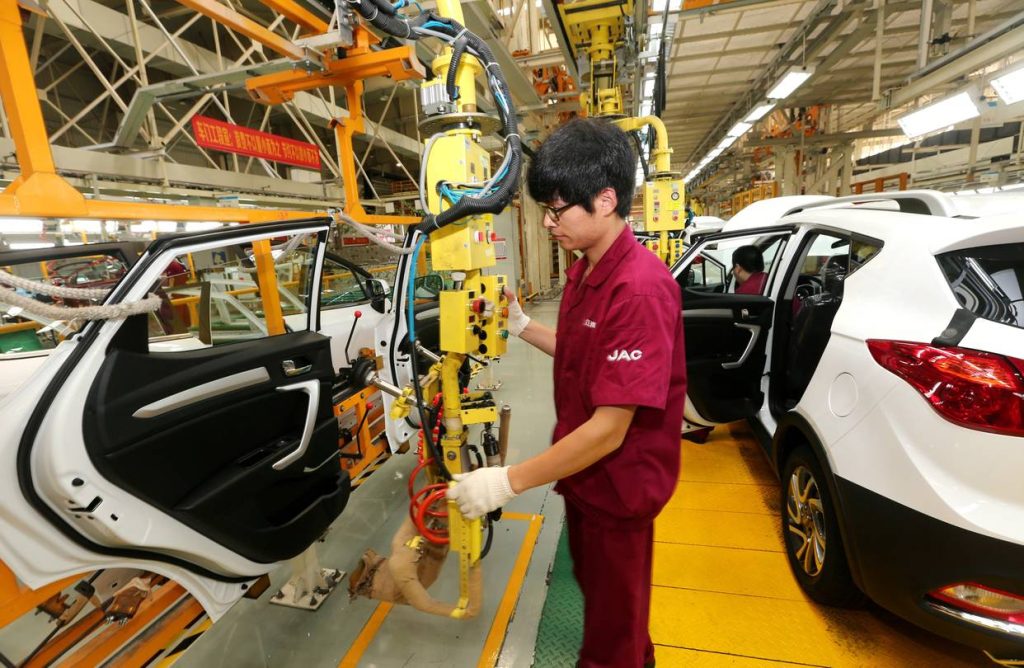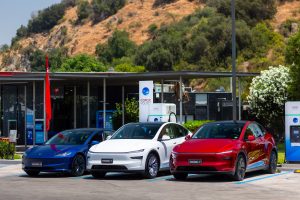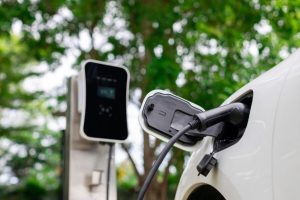
EV Market in China to Reach 10 Million Units per Year by 2025

Government incentives in China helped the battery electric vehicle (BEV) market expand by 88% last year and further growth is predicted.
China leads the global battery electric vehicle market by a considerable margin, according to the latest data analysis by GlobalData, with a significant increase during 2022.
In a report published by Just-Auto, GlobalData analyst Al Bedwell explained that last year saw significant advances in light vehicle electrification in most regions of the world.
However, China led the way with the expansion of the personal vehicle battery electric vehicle market by 88%. It also saw strong performance in the PHEV (plug-in hybrid) segment.
Read also: Stellantis Makes Million-Dollar Investment on Argentine Copper for Electromobility Strategy
Role of the Public Sector
“China’s NEV [BEV and PHEV] market continues to make staggering progress with wholesale sales of battery electric cars accounting for at least one-fifth of all auto sales since March 2022 with NEV share exceeding one-quarter of sales since April,” Bedwell noted.
The analyst believes that government incentives have played a key role as the Chinese market recovered from blockades and supply to the market improved over the course of 2022.
“Enrollments in megacities plus rapid developments in the desirability of local product have greatly stimulated the market,” he noted.
Big Projections
GlobalData statistics show the Chinese market growing from one million a year in 2020 to five million sales in 2022.
Bedwell sees a very positive outlook for BEVs and PHEVs in China. “Given the continued support for the NEV segment, the mandatory NEV credit policy, which is becoming much stricter, and the clear market opportunities, we see continued strong growth for China’s EV segment, although not at the pace seen in 2022.”
It estimates that by 2025, NEV sales could exceed 10 million units per year, of which nearly 90% will be BEVs.
GlobalData‘s data also shows that the top three electric vehicle manufacturers, BYD, Tesla and Wuling, dominate the Chinese BEV market, with a share of 29%, 11% and 9%, respectively.





